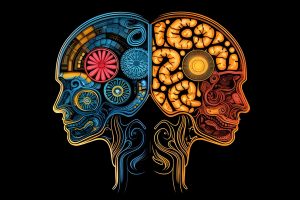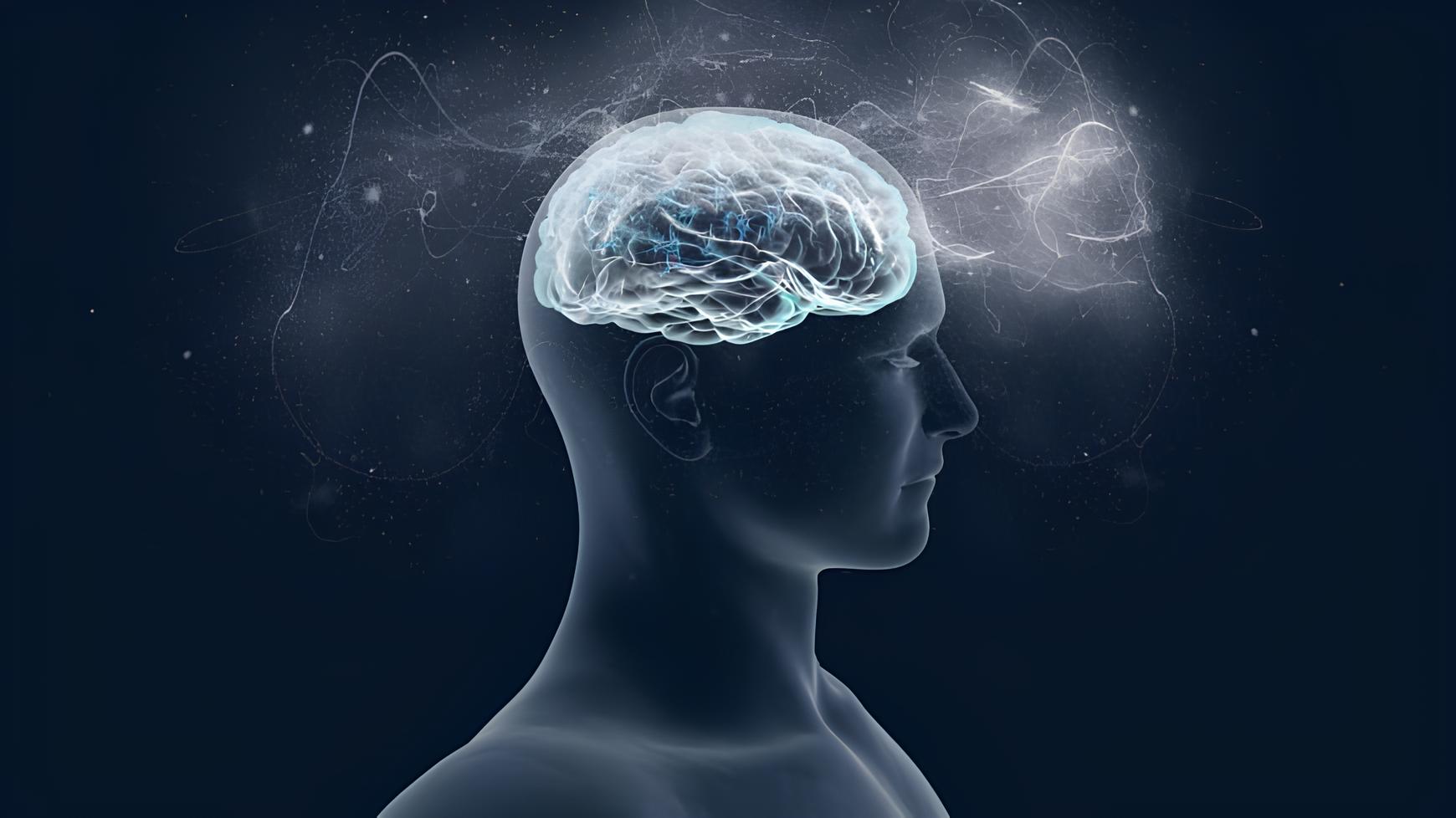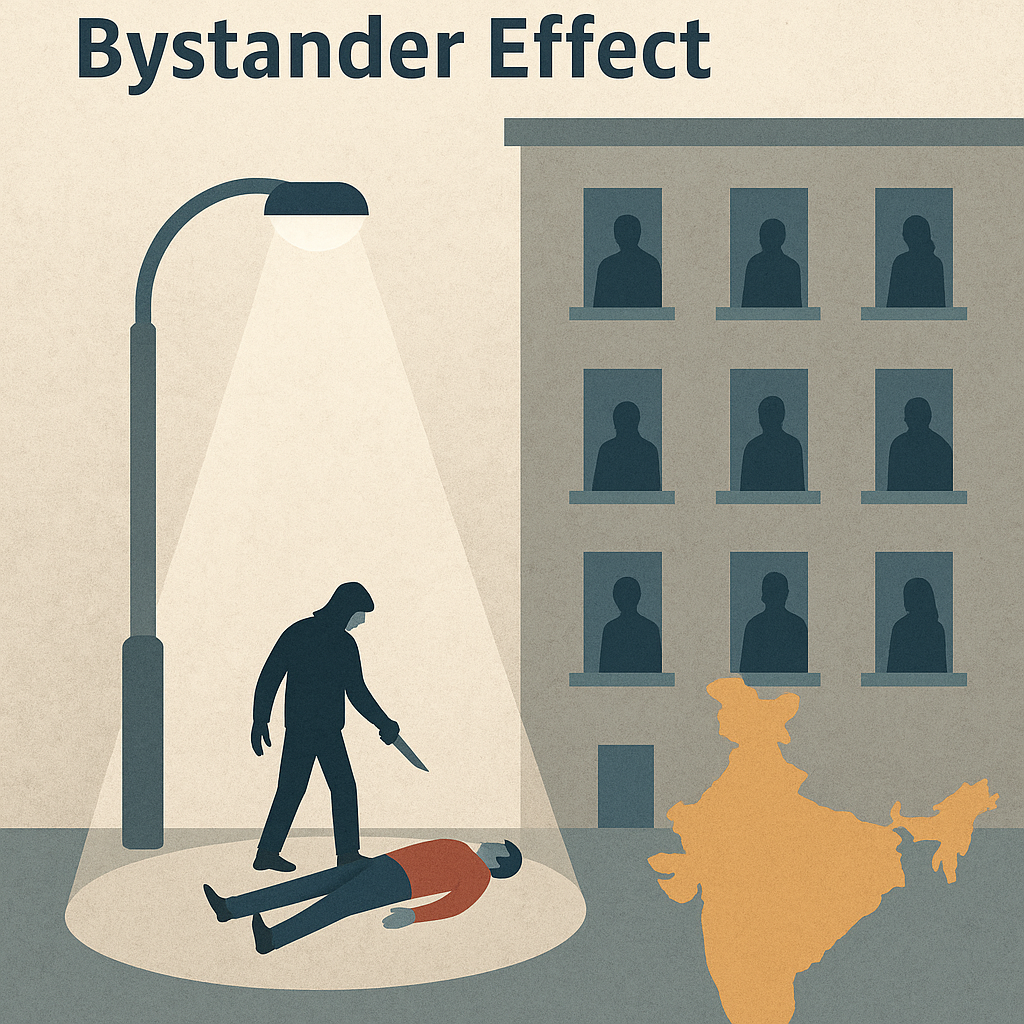Beneath our daily thoughts, decisions, and actions lies an unseen power—the subconscious mind. It's the silent force that shapes our behavior, beliefs, and reactions without us even realizing it. The subconscious mind isn’t just a passive storage of memories—it's an active player in how we perceive the world and ourselves. Let’s dive into its hidden depths and see how it influences every aspect of our lives.
- The Subconscious Mind: The Hidden Power Within
For example, a seafarer might have had a stressful experience on a previous voyage that left an emotional imprint. Without consciously thinking about it, that subconscious memory can trigger anxiety or unease on future trips. It’s a powerful yet silent force that dictates much of what we do, often without us being fully aware of it.
- How the Subconscious Mind Controls Your Reality
For instance, if a seafarer harbors the subconscious belief that they are always unlucky during long voyages, their mind may filter out positive experiences while amplifying negative ones. This belief then reinforces itself, making the individual feel that their worst fears are always realized. It’s not magic—it's how the subconscious mind can skew perceptions, shaping your reality without you even realizing it.
- The Science Behind the Subconscious Mind
In modern neuroscience, we see similar findings, with research showing that much of our cognitive processes operate outside of conscious awareness. Studies suggest that the subconscious mind processes information much faster than our conscious mind, making decisions and taking actions long before we consciously realize it. Whether it’s a split-second judgment or a deeply ingrained habit, the subconscious mind is always at work behind the scenes.
- How to Access Your Subconscious Mind
Meditation is one of the most common ways to reach your subconscious. By quieting the noise of the outside world and focusing inward, you can begin to tap into deeper layers of thought, understanding, and creativity. This stillness creates an environment where your subconscious can speak freely, providing you with insights and ideas you might not normally access during your busy, conscious state.
Hypnosis, while often misunderstood, is another powerful method. It’s essentially a deep state of relaxation where the mind becomes more open to suggestions, helping you reshape patterns and release deep-seated emotional blocks. Visualization, too, can be a potent tool. By imagining scenarios or goals in vivid detail, you send clear signals to your subconscious, helping it guide your thoughts and actions toward the outcomes you desire.
- The Connection Between the Subconscious and Intuition
The subconscious doesn’t always work in words or conscious thoughts—it often communicates through feelings, impulses, or sudden flashes of insight. This is why we might feel compelled to make certain decisions or take specific actions without fully understanding why. Seafarers, in particular, know that moments of crisis or uncertainty can be chaotic, but often it’s your intuition—those gut instincts—that guide you to safety. Trusting your instincts is a form of allowing your subconscious to speak, helping you navigate not just the sea, but the complexities of daily life.

- Common Myths and Misconceptions About the Subconscious Mind
- You can't change your subconscious programming. Many believe that the patterns ingrained in the subconscious mind are permanent, but this isn’t true. The subconscious is adaptable, and with the right techniques, you can change old patterns, beliefs, and habits to better serve your goals and growth.
- The subconscious mind only works during deep sleep. While it’s true that the subconscious mind is highly active during sleep, it operates throughout the day as well. In fact, it’s always working, even when you’re awake, guiding your decisions and actions behind the scenes.
- The subconscious mind is a mystery we can't understand. Although it may seem mysterious at times, the subconscious is something you can learn to understand and work with. By being mindful of its influence and using techniques like those mentioned earlier, you can bring its power into your conscious life.
- How to Strengthen Your Connection with Your Subconscious Mind
Start by paying attention to the small moments of insight or intuition throughout your day. These moments often give you clues about what your subconscious is trying to communicate. Whether it’s a sense of unease about a situation or a sudden burst of clarity, these are signals worth noticing.
Additionally, focus on the state of your mind during moments of rest, particularly just before falling asleep or waking up. Your subconscious is especially active during these transitional periods. Take a moment to reflect on your thoughts and feelings during these times—they often reveal hidden truths.
- How Seafarers Can Benefit from the Power of Their Subconscious Mind
By learning how to harness its power, you can enhance your focus, sharpness, and ability to navigate complex situations. The subconscious mind can help you process vast amounts of information quickly and make decisions based on subtle cues that may not be immediately apparent to your conscious mind. This is especially useful during emergencies or when faced with uncertain conditions at sea.
Additionally, the subconscious helps regulate your emotional responses. By becoming more aware of how it influences your thoughts and actions, you can better manage stress, anxiety, and fear, allowing you to remain calm and effective during difficult situations.
- Conclusion




